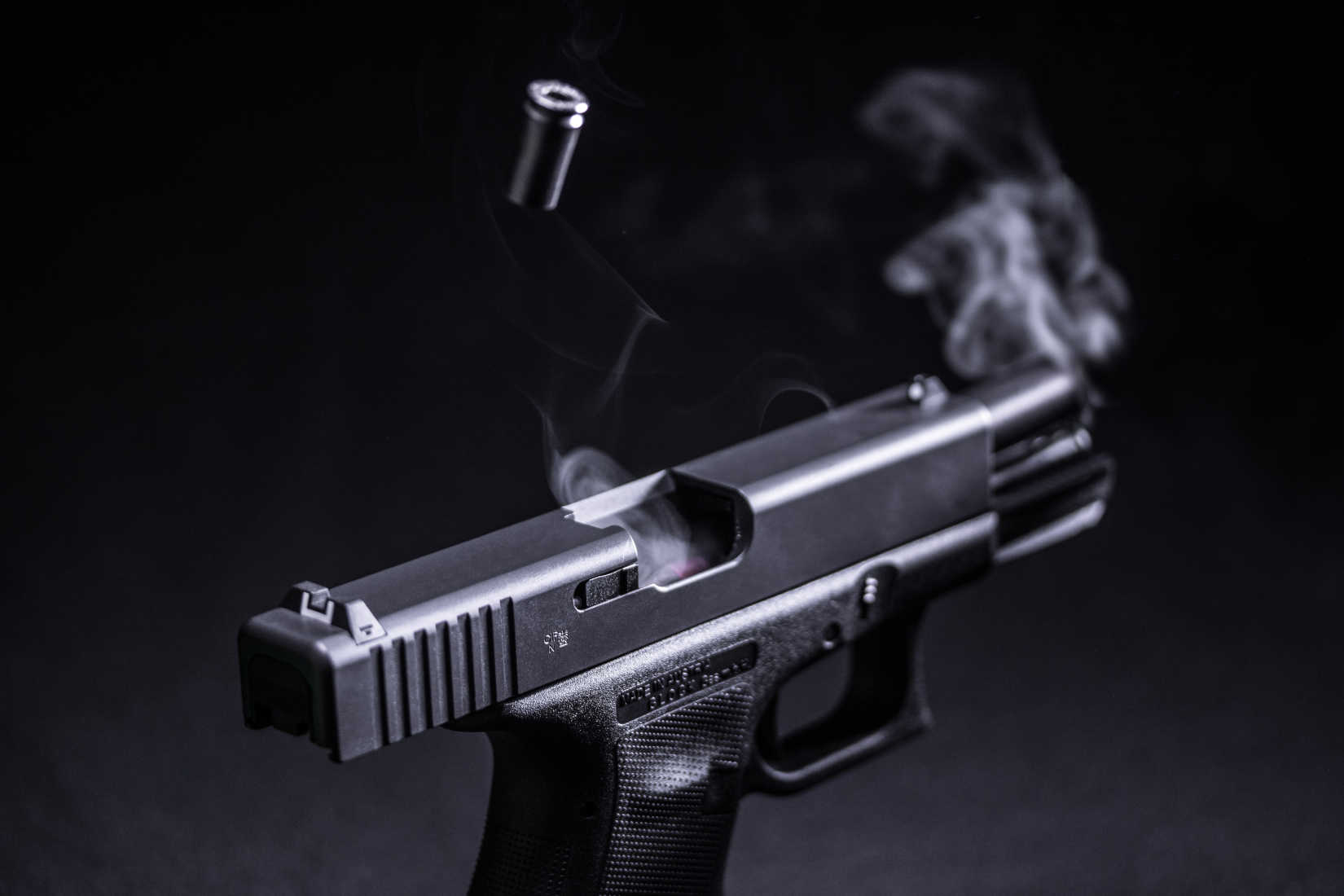By: José Niño
It’s safe to say 2019 has been an unprecedented year for gun control at the federal level.
Although no new gun control has officially been signed into law, the federal conversation on gun control has now captivated national attention like never before.
In fact, for the first time since the Clinton era, gun control legislation has made it out of the House.
Specifically, H.R. 8, the House Democrats’ universal gun registration bill, and H.R.1112, a gun control bill that would close the so-called “Charleston loophole,” both received the House’s approval.
H.R. 8 garnered bipartisan support as it cleared the House by a 240-190 vote on February 26, 2019. Republicans like Peter King, Brian Fitzpatrick, Brian Mast, Fred Upton, Chris Smith, Vern Buchanan, Mario Diaz-Balart, and Will Hurd joined anti-gun Democrats in passing this bill.
Next up, H.R. 1112 was passed on February 28, 2019 by a 228-198 vote. Although this bill also attracted bipartisan backing it was not as pronounced as H.R. 8. Three Republicans, Brian Fitzpatrick, Peter King, and Chris Smith tagged along with Democrats in voting to pass this bill.
Since the Brady bill was enacted in 1993, gun control advocates have worked day and night to bring gun registration to America, and their efforts in 2019 are just stepping stones in their plot to undermine and ultimately destroy the Second Amendment.
Background Check Basics
To purchase a firearm from a Federal Firearms Licensee (FFL), an individual must fill out an ATF Form 4473, which requires the purchaser’s name, address, and biometric data. Form 4473 also records the make, model, and serial number of the firearm(s) being purchased.
The FFL then proceeds to contact the National Instant Background Check System (NICS) by telephone to verify the individual is legally eligible to purchase the firearm. The FBI administers the NICS system for states that comply with the Brady Act. Some states, including Colorado, run their own Brady systems, and their state bureau of investigation takes care of this portion of the check.
Background checks are de facto gun registration and are troubling in several ways, namely:
• The NICS “background check” is only one part of the process to purchase a firearm through a firearms dealer.
• Every firearm purchased from a Federal Firearms Licensee comes with an ATF Form 4473. In other words, the federal government has access to a list of every firearm purchased through a dealer. On top of that, this government list contains information on every firearms buyer, what they look like, and where they live.
• Form 4473 cannot be destroyed. FFLs must keep physical copies of these forms. Should the FFL close its doors, 4473s must be transferred to another FFL or to the ATF.
• Physical logbooks used to be the norm, but the ATF has recently allowed FFLs to maintain electronic logbooks.
• FFL logbooks are open to inspection, including copying, by the ATF at any time.
How 2019’s Universal Gun Registration Bill Works
Now to the 2019 universal gun registration bill, H.R. 8.
This bill mandates that almost all firearms sales and loans go through an FFL. Due to federal law prohibiting licensed dealers from transferring handguns to persons under 21 years of age, young adults are effectively barred from obtaining handguns.
H.R. 8 stipulates that all firearm sales, gifts, and loans be carried out at a gun store. The same maze of bureaucratic hurdles—fees, paperwork, and record-keeping—applies to the purchase of new guns at stores, too. In the case an individual lends a gun to a friend outside of a gun store without performing a government-approved background check, that person will receive the same penalty as someone who knowingly sells a gun to a convicted felon if he or she is caught.
H.R. 1112: A Right Delayed is a Right Denied
H.R. 1112 is marketed as the gun control bill that would close the “Charleston Loophole” that Dylann Roof, the perpetrator of the 2015 Charleston Massacre, took advantage of to commit his heinous crime. Gun Owners of America reports this bill would have every gun purchaser who receives a non-committal response from the FBI subject to stiff penalties.
H.R. 1112 would effectively extend the three-day waiting period to take possession of a firearm to a minimum of two weeks. Emphasis on minimum. In worst-case scenarios, the Attorney General can delay gun purchases indefinitely, which is very likely to happen under this bill.
Now that these bills have passed the House, they will have the tall order of going through the Republican-controlled Senate. Although President Trump has vowed to veto these bills, gun controllers are playing the long game by making progressive steps in acclimating the populace to their anti-gun agenda. Today’s small victories can turn into large wins in the long-term if the gun controllers are not kept in check.
Gun owners will have to play defense and be ready to go on the offensive to restore Second Amendment rights for all Americans fully.
José Niño is a Venezuelan-American political activist based in Fort Collins, Colorado.


